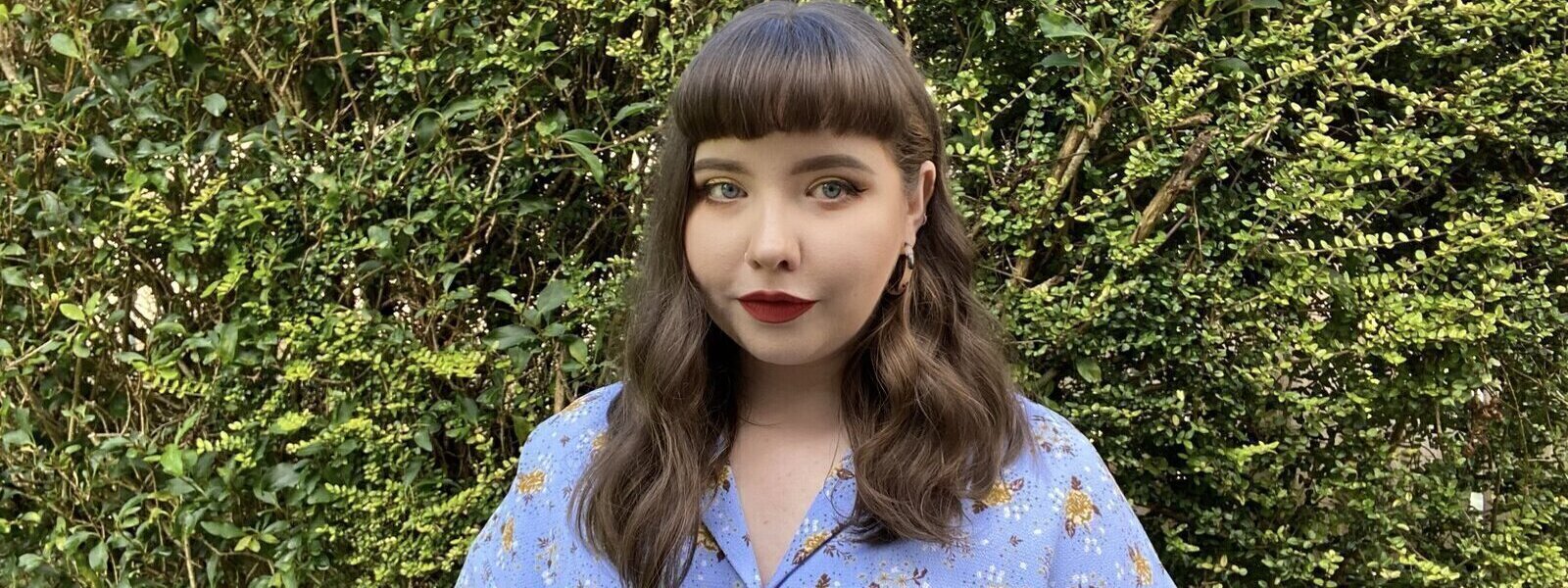Tell us a little bit about your background...
I’m from Glasgow. I began my undergraduate degree at Strathclyde in 2014 and graduated with a BA Honours degree in History in 2018. After graduating, I started a job in the city centre and quickly realized that I wanted to return to Strathclyde to pursue a master’s degree. I was successful in applying for the MSc in Health History and began the course the following September.
Why did you choose to continue studying at postgraduate level with Strathclyde?
I really enjoyed my undergraduate degree at Strathclyde, particularly the modules on the history of medicine: the body, emotions, gender, and psychiatry. I knew the MSc covered these areas in more depth and I was keen to explore further. A few of my undergraduate professors taught on the MSc and I found them all to be extremely passionate and engaging lecturers. I was also inspired by the groundbreaking research emerging from the Centre for the Social History of Health and Healthcare and was drawn to the vibrant research community. The CSHHH attracts such a diverse cohort of students and speakers, there is always something interesting happening, and I was excited to be a part of that.
What advice would you give to someone considering studying your course?
If you are passionate about the areas covered by the course, then I’d recommend applying. I’d advise getting in touch with a member of the teaching staff or potential supervisor before completing your application and to look into submitting a research proposal for the CSHHH Glasgow Wellcome Trust Master’s Programme Award.
What specialist knowledge/professional skills have you developed whilst studying your course?
I had the opportunity to research and write about a wide range of topics, from vegetarianism to childbirth, and to develop my research skills as a historian. I was challenged to complete assignments in a number of formats, including book reviews, research proposals, literature reviews and research essays. I worked with archival material and was encouraged to think critically and analytically about the sources I encountered. I completed group assignments, worked independently, and presented my research during class-based discussions. I also had the opportunity to complete a work placement at the Moving Image Archive at the National Library of Scotland. This was a great experience and allowed me to gain some industry knowledge and to apply and develop my professional skills in a non-academic context. Overall, the MSc has equipped me with the transferable skills, experience and confidence required to pursue further academic study or to begin a professional career.
What have been the main challenges studying at postgraduate level?
Postgraduate study is definitely more consuming than undergraduate level and it’s easy to doubt yourself when you’re surrounded by really talented and switched-on academics. I was lucky to meet like-minded people on my course and form a great support network throughout the year. My professors have all been wonderful and provided positive and constructive feedback on my work, which was helpful and encouraging.
Tell us a little bit about your experiences with the Wellcome Trust...
I was fortunate to be awarded the Wellcome Trust scholarship for my dissertation proposal on the history of transgender healthcare in Scotland. The Wellcome Trust is such a highly regarded research foundation, it was gratifying to know they supported my research. As well as financing my master’s degree, the Wellcome Trust offered opportunities to travel, develop my professional skillset, and connect with scholars from universities across the country. A highlight of the year was travelling to London to attend the Wellcome Humanities and Social Sciences Master’s Event. The event comprised of a series of workshops on topics from social media to collections to career pathways. I loved hearing about other students’ projects and having the opportunity to share my own research and experience as a master’s student at Strathclyde.
What do you think of the support available?
The support has been brilliant and was a huge reason why I continued my studies at Strathclyde. The staff are all very approachable and have gone over and above to offer advice on classes, assignments, journal submissions and PhD applications. As a student on the course, you feel very supported in both a professional and personal capacity. Your professors want you to do well, grow academically and have a positive experience.
What are your ambitions for the future?
I’d love to return to Strathclyde to pursue a PhD in History.
Any final words of wisdom for prospective students?
Apply your own interests to the course and write about things that inspire you. Go to the seminars organized by the CSHHH, the Scottish Oral History Centre and the School of Humanities: they are a great way to meet people and to find out about the research emerging from Strathclyde and beyond. Just be proactive and take advantage of all the opportunities that come your way. The year goes by quickly, so enjoy it!
